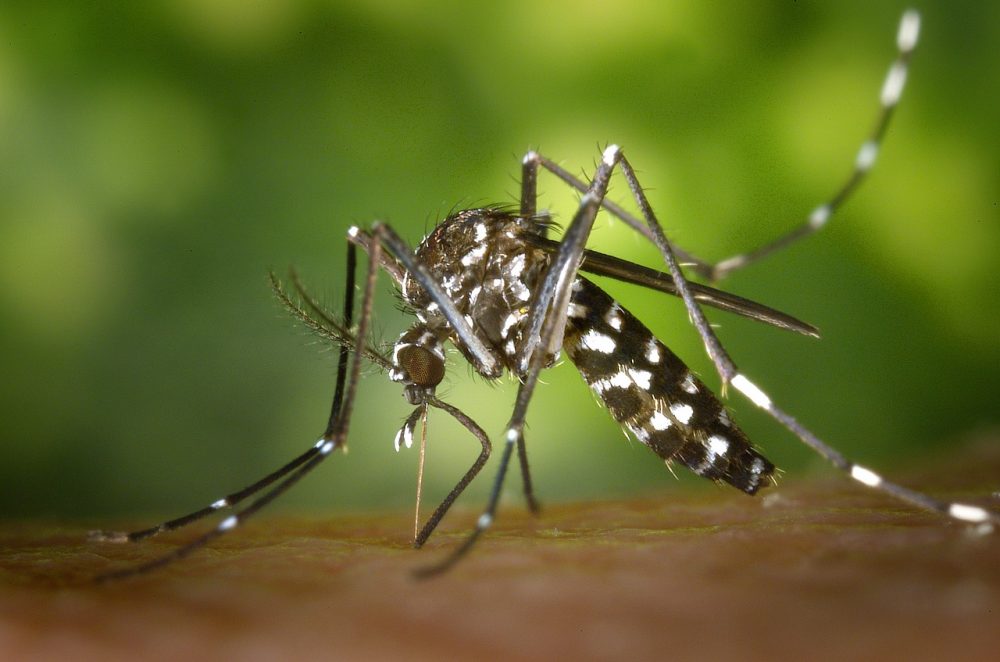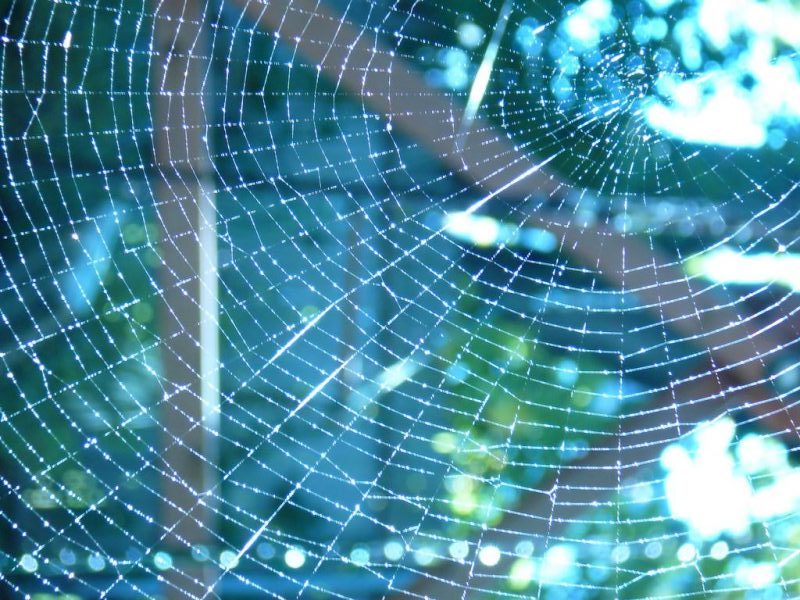Recently scientists discovered that the Geoengineering techniques could expose up to a billion more people to malaria.
But what are these Geoengineering techniques?
We all know global temperatures are rising. Global climate change has already had observable effects on the environment. This has resulted in the shrinking of glaciers, a rise in seawater, fueled droughts, heatwaves, and wildfires. To counteract climate change, worldwide scientists are using technologies on a large scale to deliberately alter the climate system. These are known as geoengineering techniques.
One of these geoengineering techniques is focused on solar radiation management (SRM). Out of the many actions proposed for this, one was to inject aerosols into the stratosphere. This helped in reflecting more sunlight away from the earth and thus temporarily “pausing” global warming.
Although SRM is often considered for reducing climate change, its possible effects on health have received little attention.
“Geoengineering might save lives, but the assumption that it will do so equally for everyone might leave some countries at a disadvantage when it comes time to make decisions. If geoengineering is about protecting populations on the frontlines of climate change, we should be able to add up the risks and benefits — especially in terms of neglected health burdens, such as mosquito-borne disease,” said Carlson, lead author of the study.
Geoengineering predicted to shift malaria risk in tropics
Researchers used climate models to study the malaria risk in two future scenarios, with and without geoengineering. They found that in medium- and high-warming scenarios, malaria risk is expected to shift considerably between regions. However, in the high warming scenario, simulations revealed that a billion extra people were at risk of malaria in the geoengineered world.
“On a planet that’s too hot for humans, it also gets too hot for the malaria parasite,” said Carlson. “Cooling the planet might be an emergency option to save lives, but it would also reverse course on those declines.”
“The potential for geoengineering to reduce risks from climate change remains poorly understood, and it could introduce a range of new risks to people and ecosystems,” said Trisos, senior author of the study.
“We’re so early in this process that the conversation is still about increasing Global South leadership in geoengineering research. Our study highlights that the frontlines of climate injustice aren’t one monolithic bloc, especially when it comes to health,” said Carlson.







